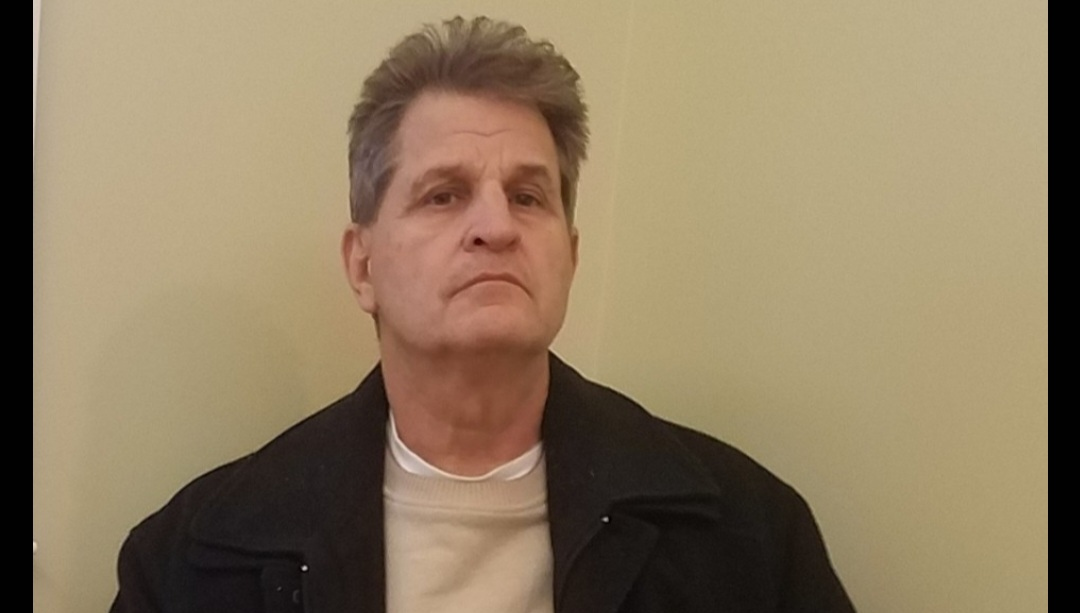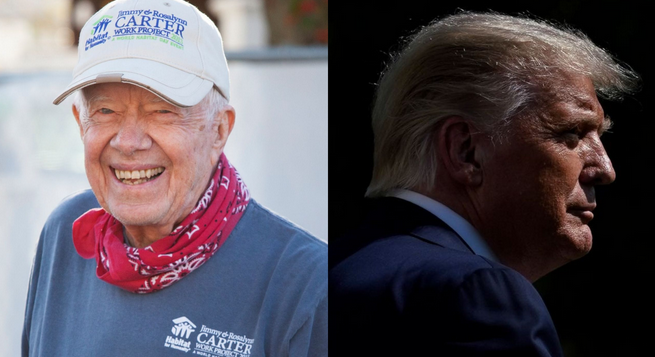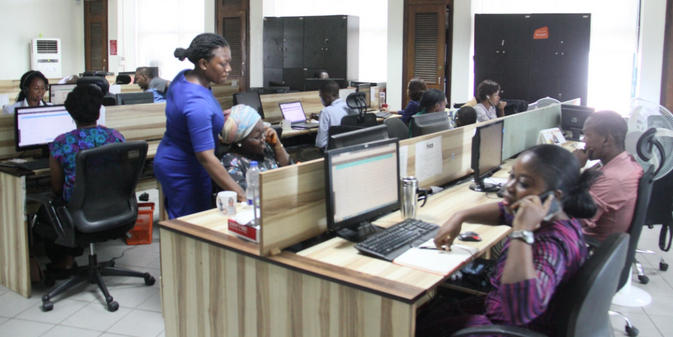More than $26 million in research grants—including $12.5 million from the National Science Foundation to train public school teachers in the critical areas of mathematics and sciences–have been awarded to CUNY faculty, Chancellor Matthew Goldstein announced.
The awards include a $5 million grant from The National Oceanic Atmospheric Administration to CUNY science and engineering researchers to expand efforts in remote sensing, a cutting-edge, multidisciplinary field.
Additionally, Hunter College researchers have won a $9 million grant from the National Institutes of Health to create biomedical research opportunities for minorities traditionally underrepresented in such areas as molecular neuroscience, nanotechnology and cell regulation and proliferation.
“These grants from three preeminent funding institutions reflect CUNY’s expanding role as a university for important research,” Chancellor Goldstein said. “We applaud the endeavors of our faculty who are not only creating knowledge but also expanding opportunity for our students and the communities we serve.”
The $12.5 million NSF grant will create innovative collaborations to assist students and teachers and promote mathematics and science at twelve high schools in poor communities in the Bronx, Queens and Manhattan. Under supervision of CUNY faculty, high school math and science teachers will be encouraged to embrace a “teacher-researcher” model to broaden their teaching skills as wells as deepen their subject content knowledge.
Students at these high schools who demonstrate aptitude in math and science will participate in a “cadet corps” to encourage them to prepare for math and science teaching careers. Many of these students will receive scholarships to teacher education programs at CUNY colleges, according to University Dean for Teacher Education, Nicholas Michelli. He noted that a goal of the program is to increase minority representation of math and science teachers in the public schools.
A pilot program at Hunter College under the direction of Professor Pamela Mills produced an overall pass rate of 80 percent for public high school students taking the math and chemistry Regents examinations. In contrast, less than 50 percent of the public school student test-takers in June 2003 passed the Regents examination in math. The program will begin using Queens College, Hunter College and Bronx Community College faculty in the first year and expand to include Lehman College, Hostos and Queensborough Community Colleges.
The NOAA award for $5 million will be distributed during a two-year period to hire nationally recognized faculty, recruit doctoral and master students, conduct more state-of-the-art research, and to help build a national reputation as a center of excellence in remote sensing, according to Prof. Reza Khanbilvardi, who heads the University’s Cooperative Remote Sensing Science and Technology Center.
The Center was initially funded in part with an earlier NOAA grant of $7.5 million. Scientists from Hunter College, Lehman College and Bronx Community College, as well as City College, have worked together to create and conduct a national research agenda in remote sensing, which employs electronic, optical and other types of sensors to gather information about land, air and water.
The City University of New York, the nation’s largest urban public university, includes 11 senior colleges, six community colleges, a graduate school, a law school and the Sophie Davis School of Biomedical Education and serves more than 450,000 degree-credit students and adult, continuing and professional education students. An additional 46,000 students are enrolled in College Now, the University’s partnership program with the public schools for high school students at CUNY campuses and more than 200 high schools throughout the five boroughs of the City of New York.







